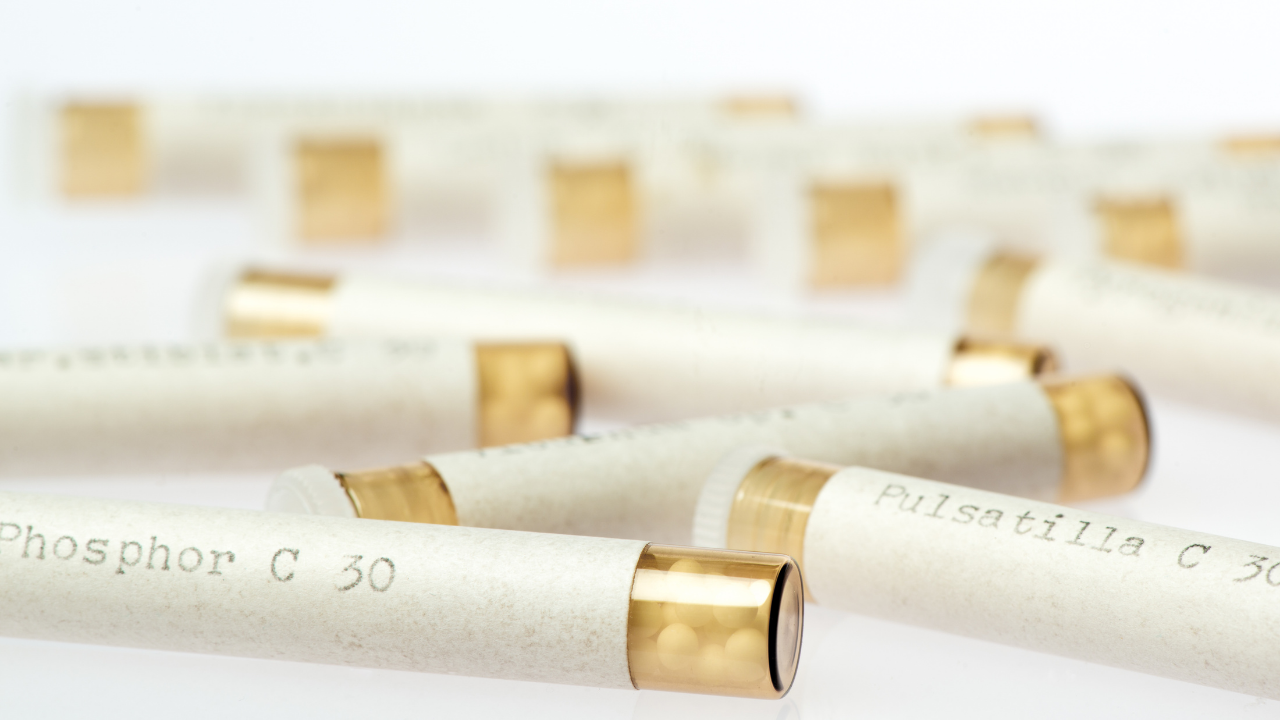What Does Homeopathy Need in The USA?

Usually, I write a newsletter imparting some tips for homeopaths. But I am departing for the first time ever to ask all of you a favor. I would like to open up for discussion, "What does homeopathy need in the US?" We need to create a vision for our profession.
Before I get into some ideas of my own, please share your own in the comments area below. I would love to hear from all of you. So on to the question, 'What does homeopathy need in the US?"
As a homeopath, I am a professional and am lucky enough to not have any problem with licensure as the State of Nevada has a Homeopathic Board of Medical Examiners that regulates homeopathy in my state. So one of the more immediate hurdles as a professional homeopath is behind me as most states do not have a regulating board.
It is difficult to understand the legality of practice since it is regulated by each individual state. That makes too many jurisdictions for anyone to keep track of and then know the compliance. So one thing homeopathy needs is national recognition and legality of practice across all states. This is a fantasy dream as medicine has been regulated by the individual states for many years. It would require a sea-shift of understanding about the history, efficacy, and safety of homeopathy at a federal level. But it is not an impossible dream and I believe should be at the forefront of a vision for homeopathy.
The next thing homeopathy needs is to be recognized by health insurance carriers so that it can be accessible to people. One of the most common questions I get from prospective clients is whether I accept insurance. People just do not all have the money to do homeopathy out of pocket and are stuck in the current allopathic system of health care. It would serve many people to have homeopathy covered in their health insurance plans. They are sick of taking drugs, literally.
The next thing that homeopathy needs are homeopathic teaching hospitals. Places where homeopathic students can learn by doing and people can get quality homeopathic healthcare. This would benefit the public at large as chronic and acute homeopathic care could be administered. Student practitioners could have a place to refine their skills under a professional homeopath. This would increase the number of skilled homeopaths able to serve the public.
Without any support of homeopathy at the federal level, we are in a constant battle over the practice of homeopathy and the manufacturing of remedies by the FDA. Rather than increase the control over homeopathy, it might be a better idea to free it up using the Freedom of Health Care model that some states have adopted. These laws allow the consumer to choose freely their health care from practitioners if the profession is not previously regulated by that state. This has allowed practitioners to offer their services without fear of reprisal by the state. This model is good but homeopathy as a profession still needs better homeopaths that have been vetted.
Lowering the requirements for a credential only hurts the profession as we create more homeopaths with fewer qualifications. This hurts us when an inexperienced homeopath starts out and does not do the best homeopathy. Clients new to homeopathy will not get better and bad news travels much faster than good. The next thing you know is the word is out that, "I tried homeopathy and nothing happened. I did not get better so it doesn't work." We need to raise the standards of professional homeopaths. They need more experience before going out into the public realm and practicing.
As a newly recognized healing modality (even though it is one of the older modalities), homeopathy is still fighting for our recognition and legitimacy. The bad press that is most of the time completely inaccurate needs to be consistently rebutted. People will read articles that are inaccurate and form ideas about homeopathy. We know them to be false but for the common lay person, they have no knowledge of homeopathy to compare to the current system that is woefully in need of repair.
Many are unsatisfied with allopathic medicine, don't want to take drugs, and don't know where to turn. Presenting homeopathy as a viable alternative and even primary care medicine is needed. Changing the public's perception of homeopathy as a viable healing modality might just be the biggest challenge we have, even though homeopathy is the fastest growing and safest form of medicine.
Educating the public, as I educate my clients on what homeopathy really is, is another big challenge. Homeopathic students need more opportunities to learn to be a homeopath. As a part of this, they need to be able to educate their clients as to what is really happening when they take the remedy. It is 50% of what I do with my clients. I would not have very compliant clients who would be greatly disappointed if their idea of homeopathy was that it is similar to allopathic medicine. Even some of the more open-minded and broad thinkers who want something safer and different than allopathic medicine have no idea of what homeopathic healing is really all about.
These are a few of the ideas I have for a new vision of homeopathy. So please help me answer the question, "What does homeopathy need in the US? What do we need to do to bring a new vision for homeopathic medicine? "
Use the comments box below so we all can benefit from your input. We are the ones to develop a new vision. In order to move the profession forward, we need to ask the right questions. We need to have a vision. And a plan to get there. It is up to us, at the grassroots level, to make a difference. What do we need to do?

